Project Earth
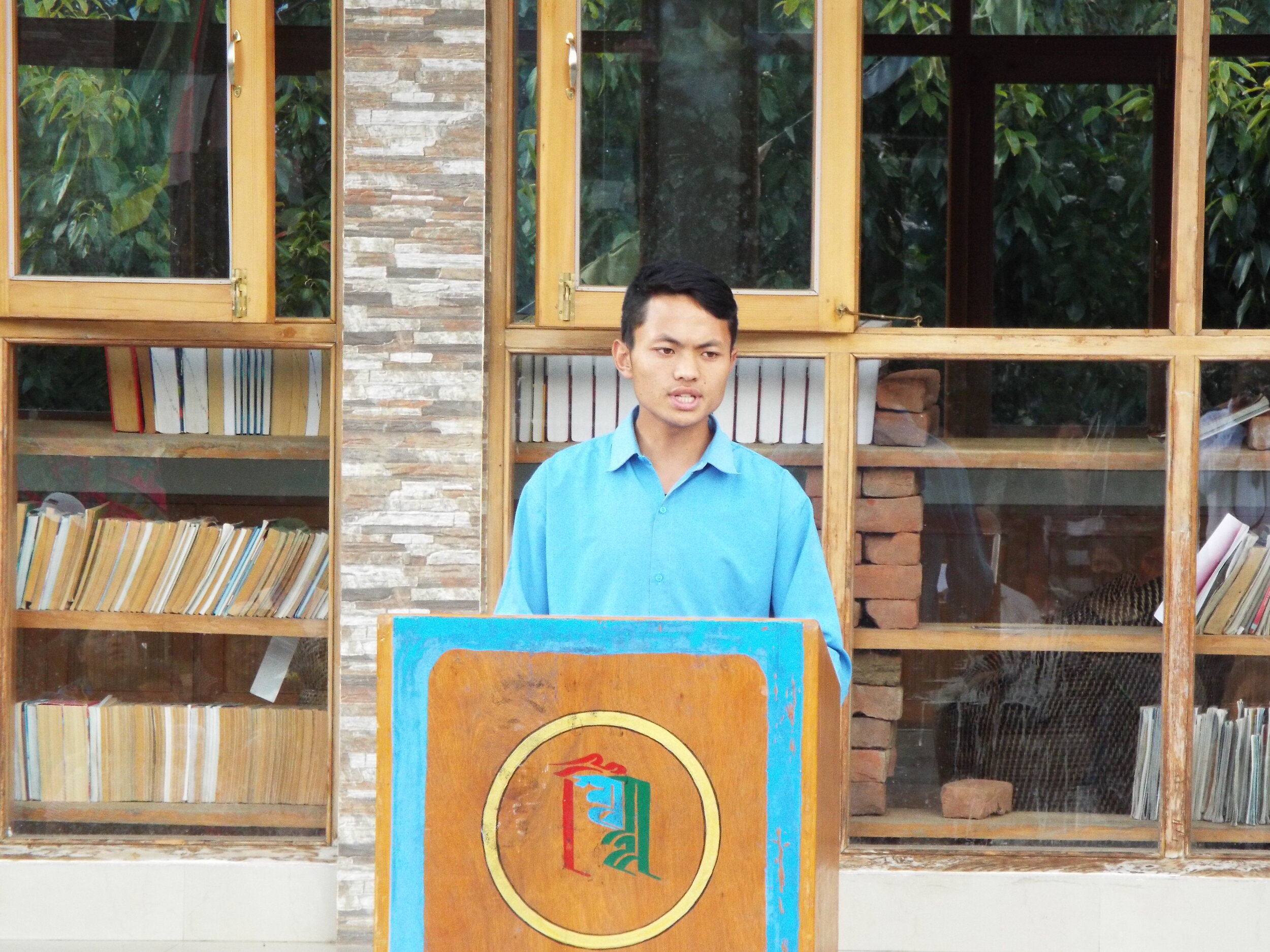
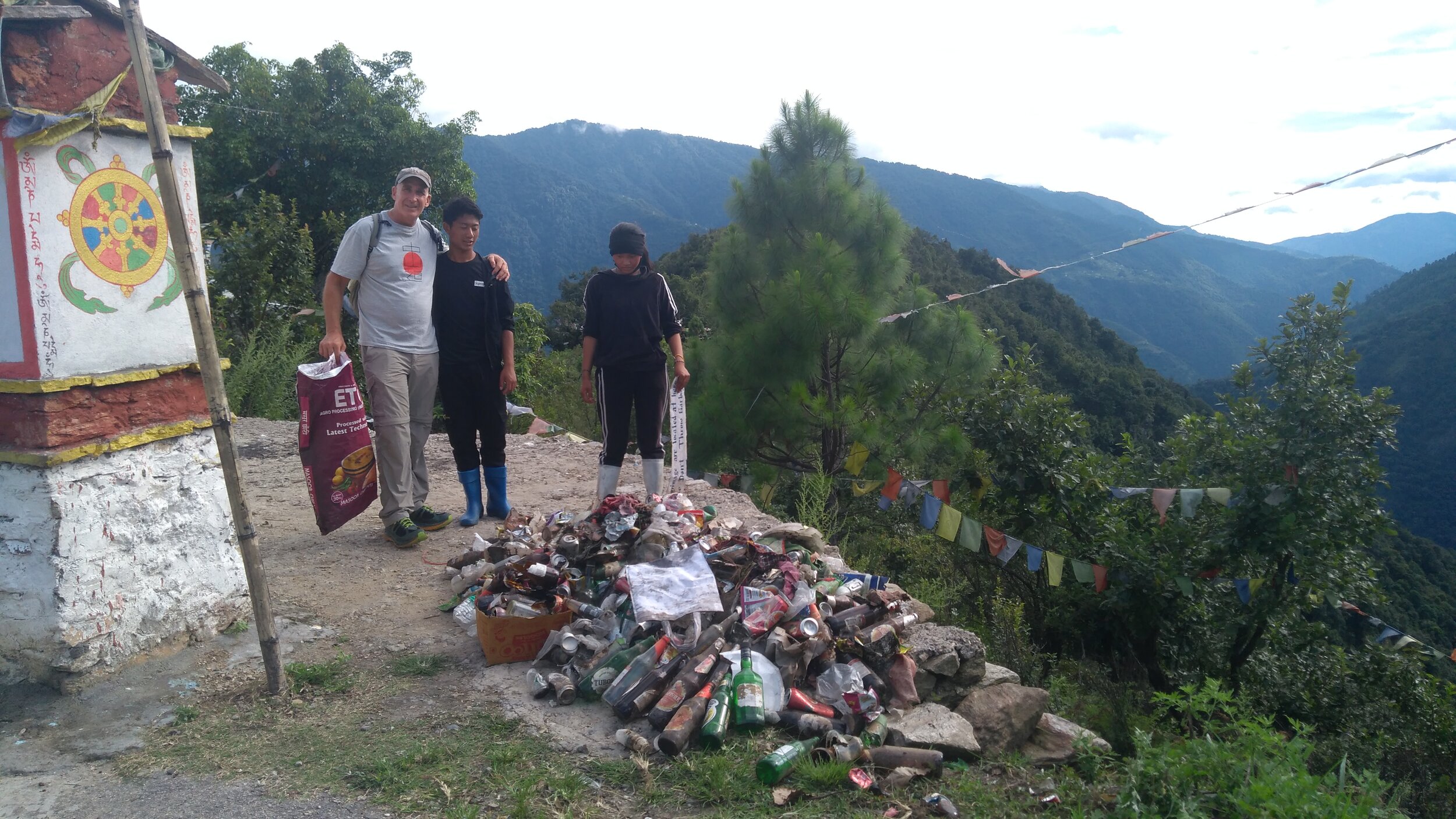
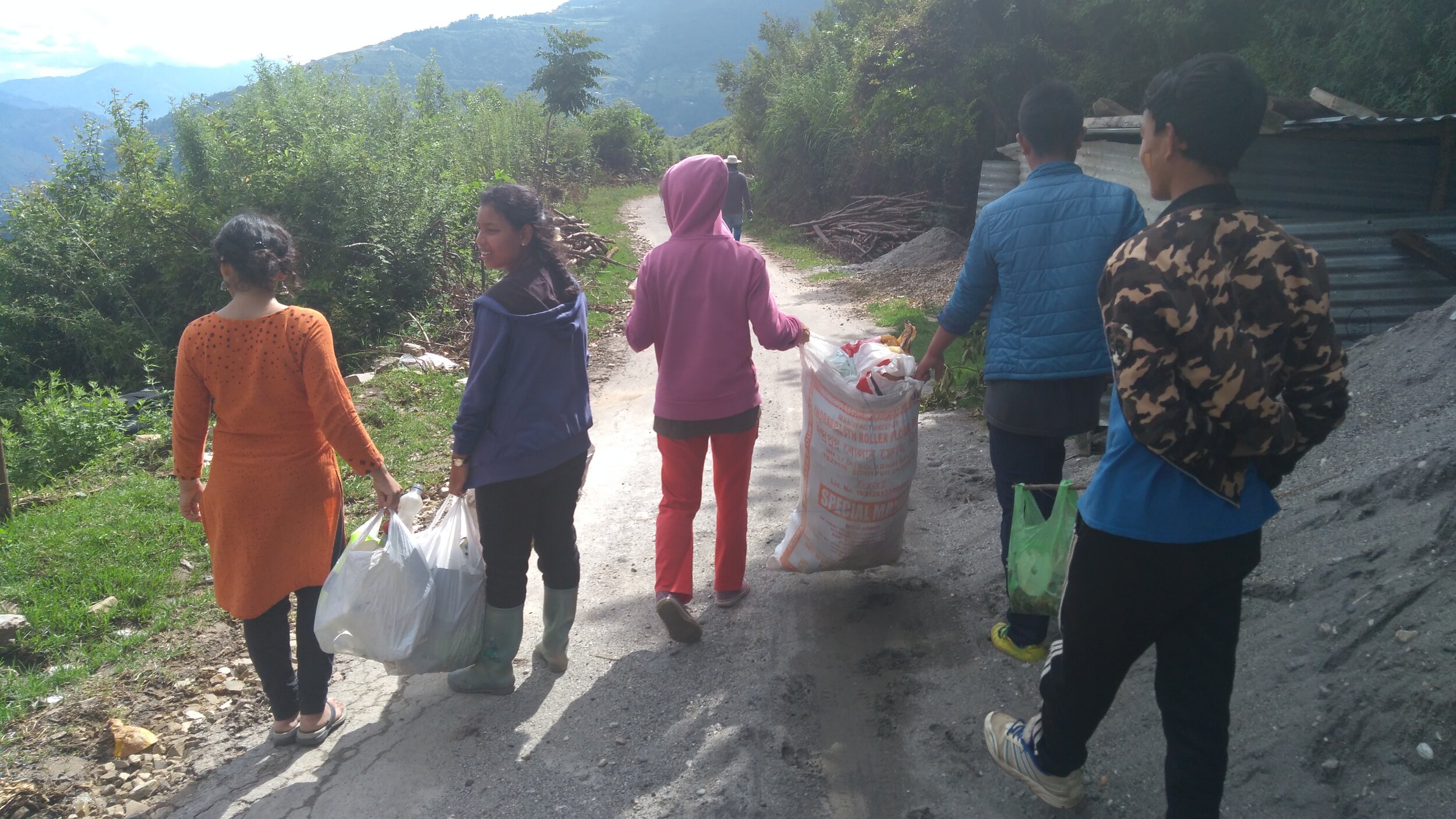
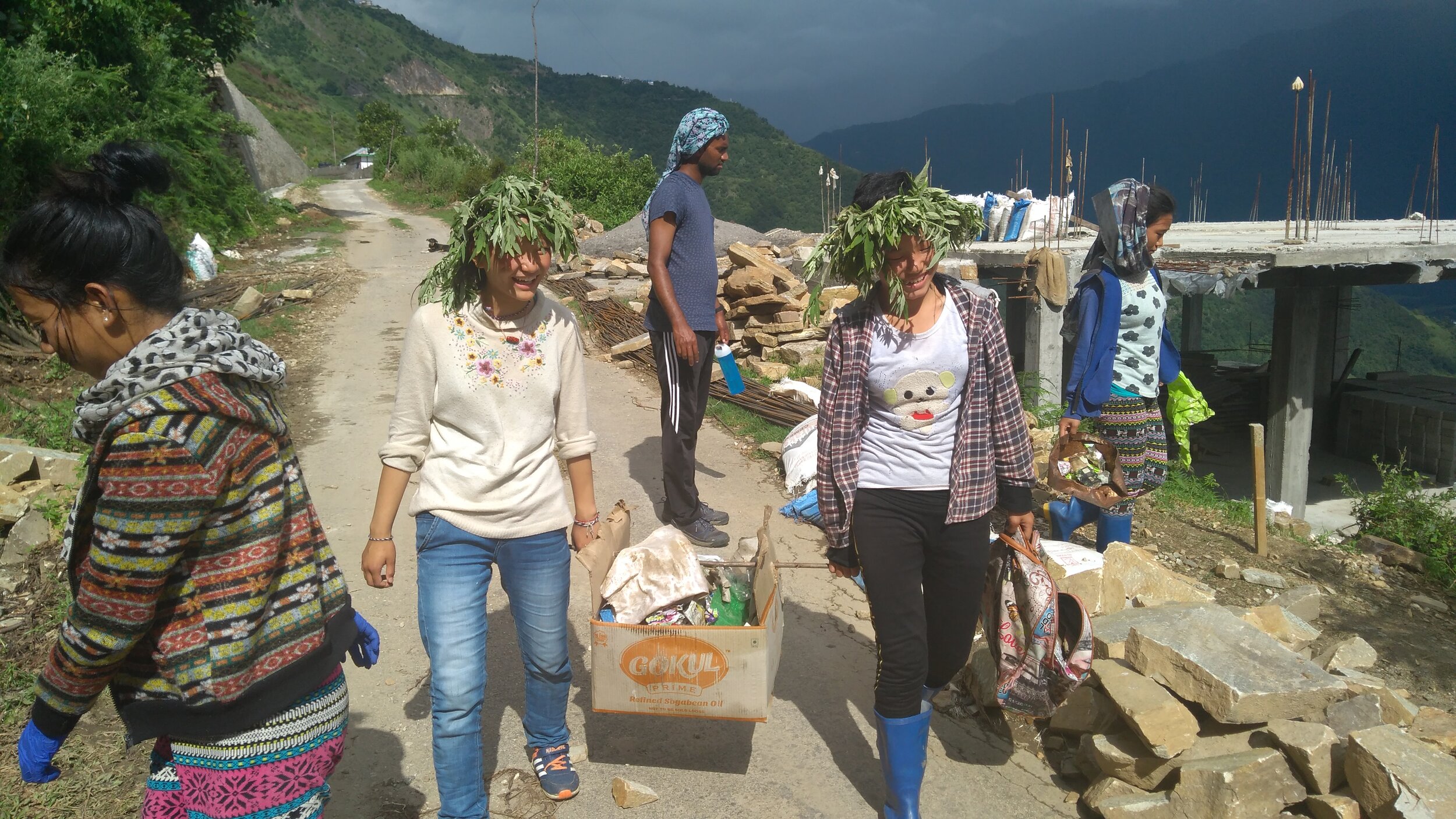
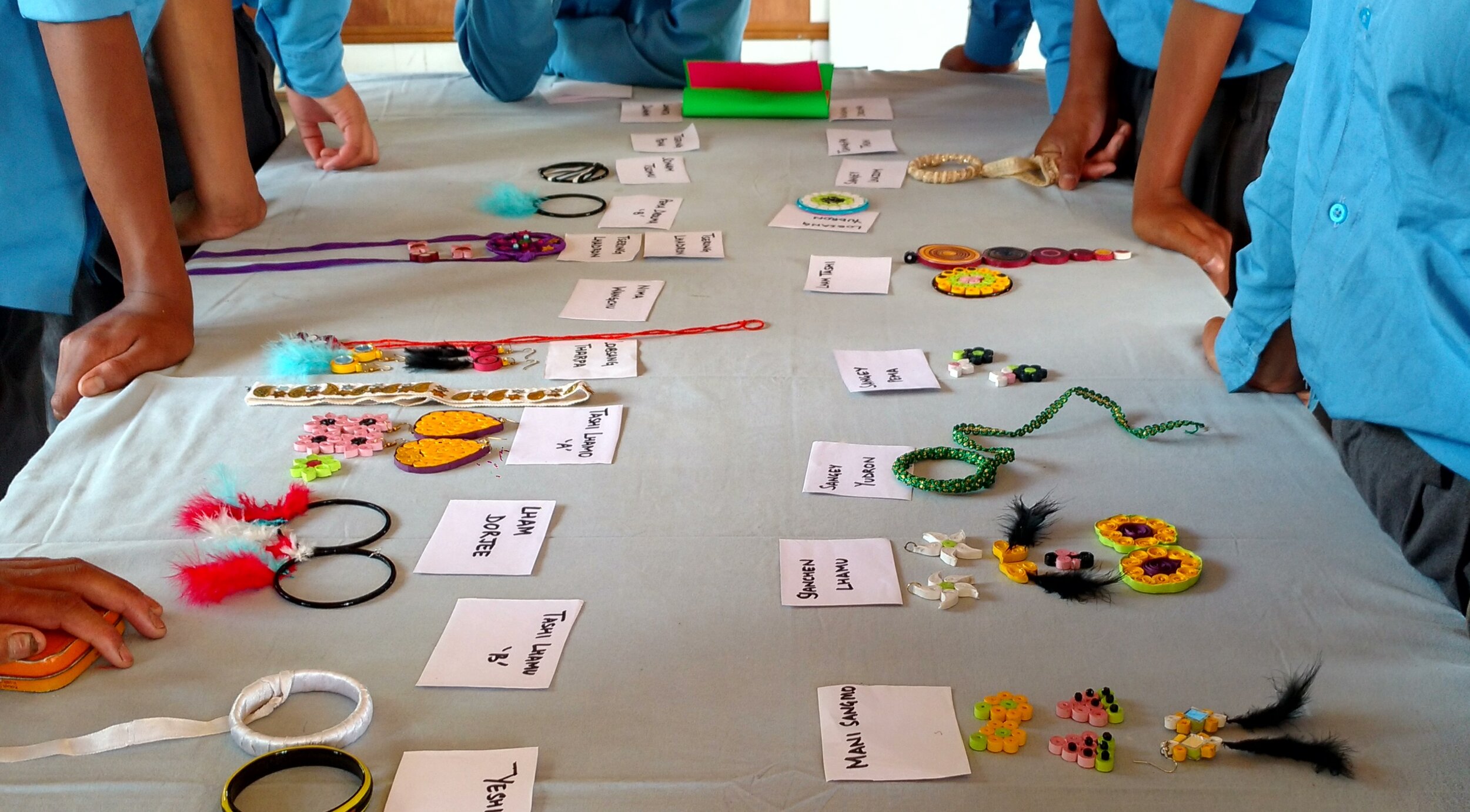
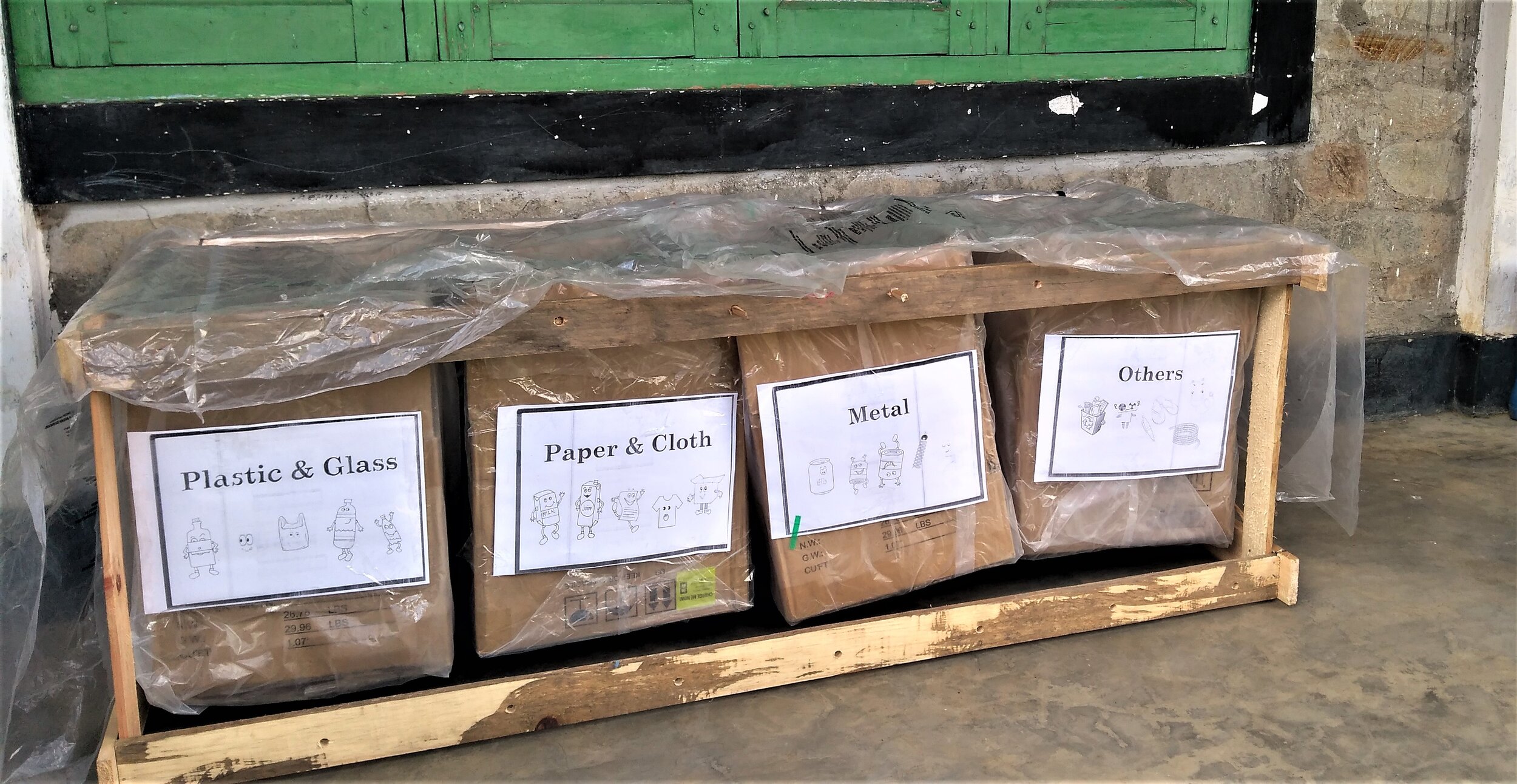
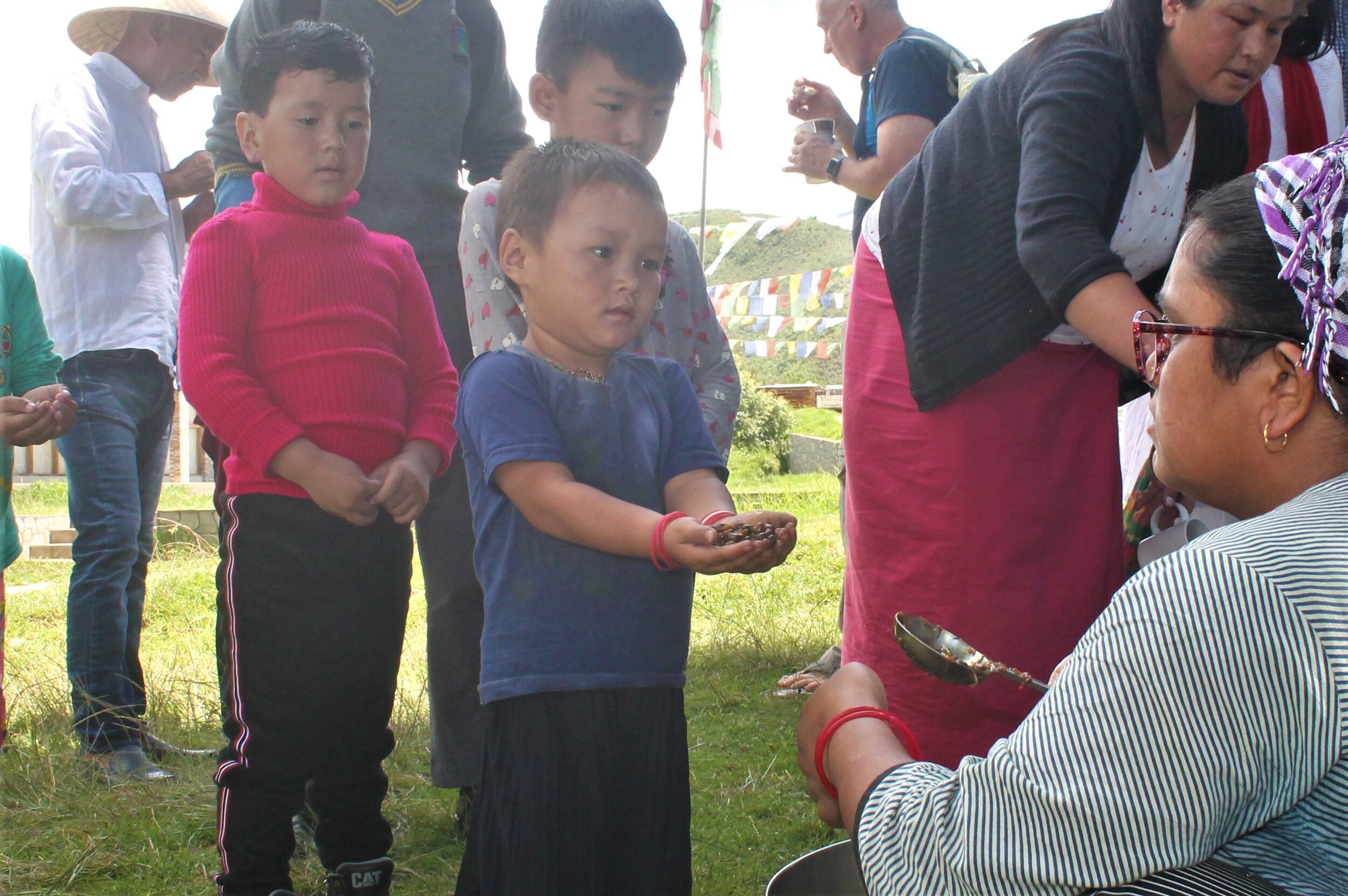
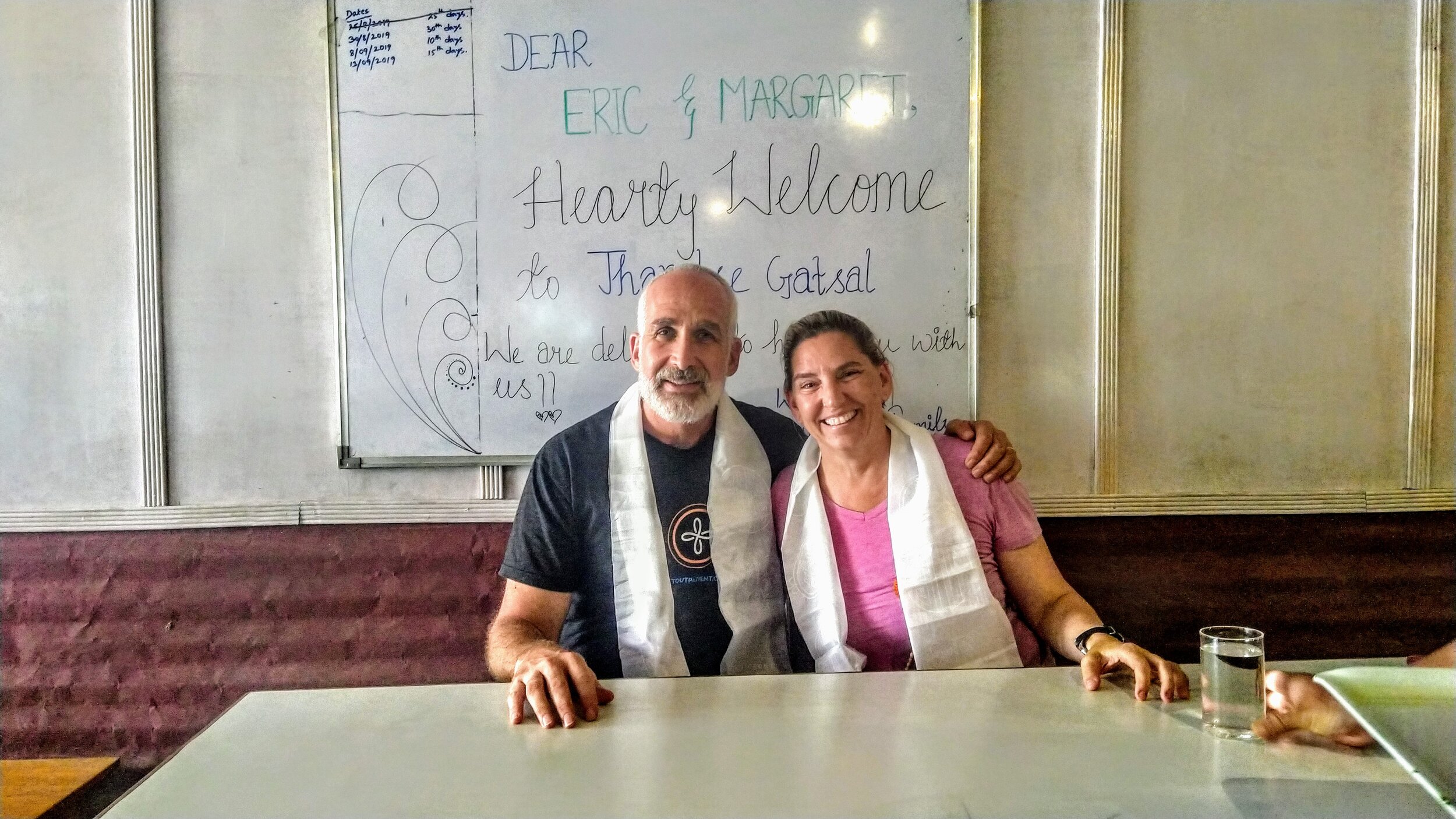
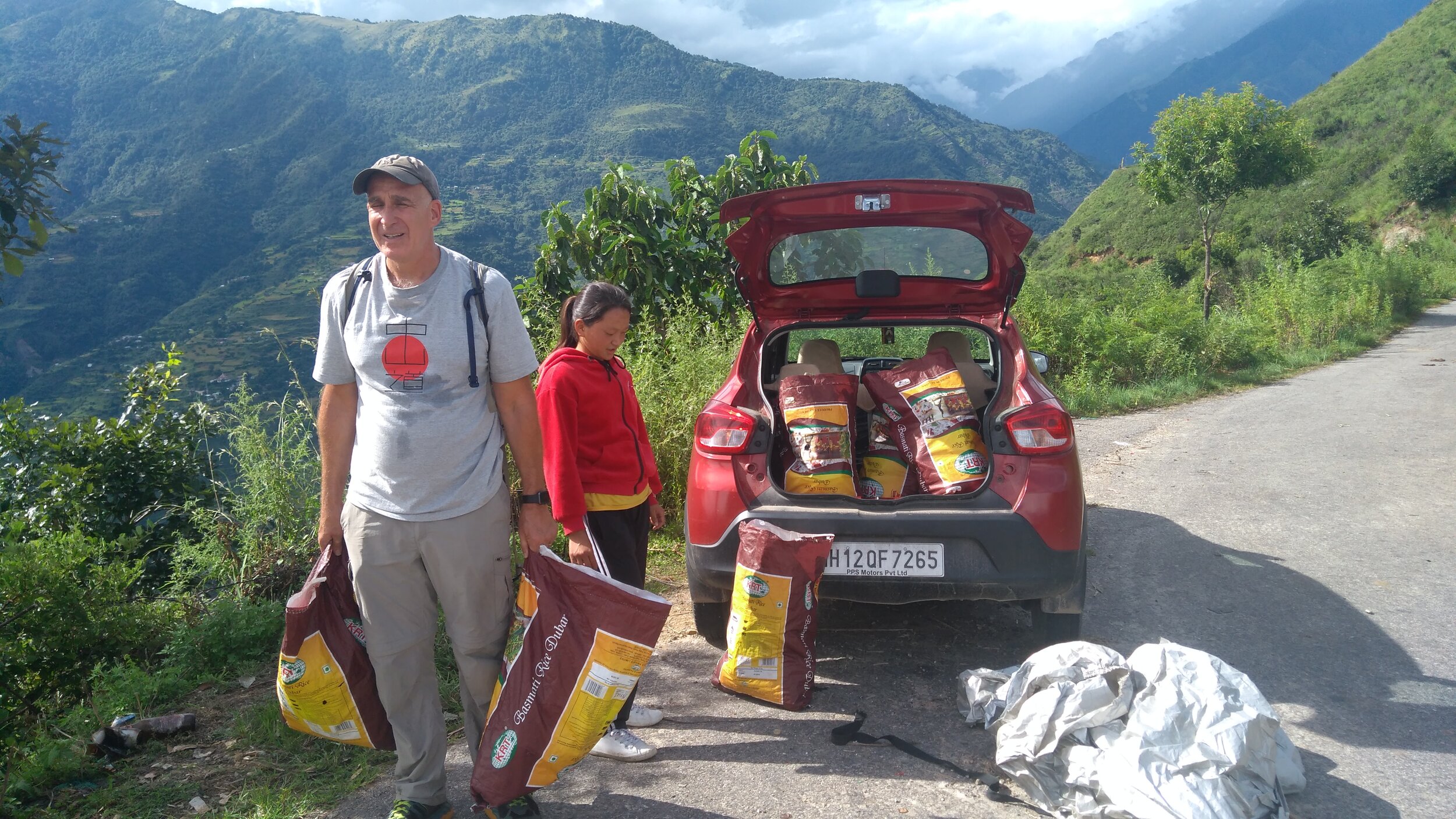
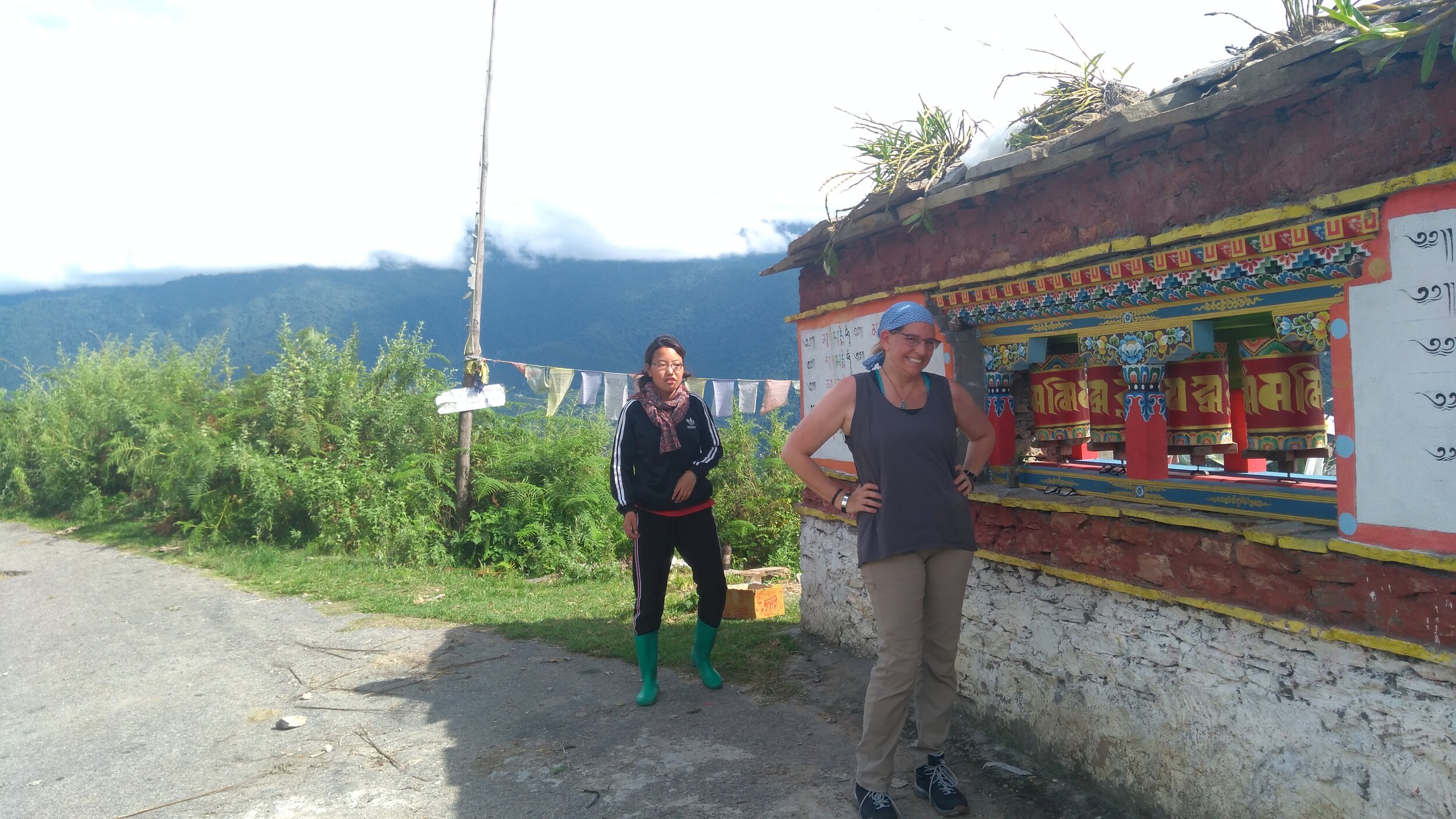
Project Earth began as a small flicker of an idea, with its first mention occurring in the agenda of the then soon-to-be School Captain, Lobsang Tenzin. In April 2018, Tenzin stood at the podium with his head held high, his voice strong and said he would do everything he can to make the community cleaner. He says, “Nature gives us everything and we also need to contribute something back. I think keeping it clean is the least we can do for our environment.”
Soon after he was elected, a monthly campus-wide cleaning initiative came into being, led by Tenzin, a group of staff members and students, involving every member of the Community. Every 4th Saturday, the whole Community would come together, divide the campus among themselves and clean it thoroughly. Children and staff would go deep into the surrounding woods and pick up non-biodegradable trash that would otherwise be a terrible hazard to the flora and fauna.
The team realized that the monthly cleaning should not be limited to collecting trash but should also include segregation and recycling. Ananya Agrawal, a Lakpar fellow working with Jhamtse Gatsal, joined hands with Project Earth to build segregation dustbins. The teams trained the entire community to wash and dry recyclable waste before storing it. The community members used this waste in different creative projects under Ananya’s guidance to make furniture, jewellery, etc. All other waste was segregated into different categories like plastic, glass, metal, paper and miscellaneous items.
The team also collected detailed data from every cleaning and presented it to the Community. This helped everyone understand the type and amount of waste they were producing in their immediate surroundings. As a result of this, the Community became more aware of the issues of materialism and consumerism and its impact on the environment. Gandhi once said, “The Earth provides enough to satisfy everyone's needs but not any one's greed.” Keeping the Gandhian philosophy in mind, the Community also began discussing best practices of meeting our needs with the vision of becoming a zero-waste community. Each department has made several changes in their operation since. The Community Kitchen has significantly reduced the consumption of packaged goods that used to be given out for snacks and instead opted for healthier alternatives like fruits and other homemade snacks. Similarly, other departments have also been finding several avenues for reducing their waste.
While regular Community cleaning has become a way of life at Jhamtse, the Project Earth team wishes to spread this initiative beyond the boundaries of the campus. In September 2019, Jhamtse had two wonderful visitors: Eric and Margaret Niles from The Athenian School, California. Eric, Margaret and a group of Project Earth members visited a local tourist spot which had been full of trash. After hours of hard work, they cleared the place of more than 400 glass bottles and other trash. This is but one example of the change the team is trying to bring in the mindset of the Community and the region at large.
In the words of Tenzin Tashi, a grade 10 student and a core team member of Project Earth:
“For me, Project Earth is a chance for me to change myself in a good way. This gives me a chance to build responsibility to take care of nature, it gives me a chance to encourage other people to support our team and Mother Earth. Before this project started, I could only feel the beauty of nature and the joy it has to offer. Now, I can feel its beauty and the pain when she is harmed by our mindless actions. Today I strongly believe that we should not search for God because he is already around us. All the plants and animals, mountains and rivers - they all are a manifestation of God. We are alive today because of them and enjoying our life. Nature is our God and we should respect and take care of our Mother Earth.”
